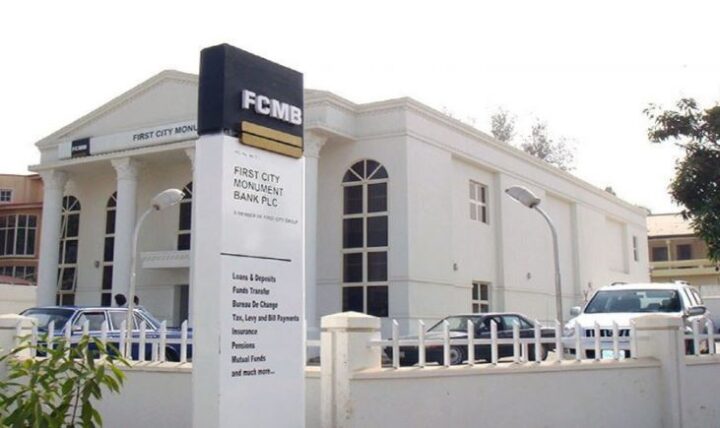The Central Bank of Nigeria has issued routine transitional guidance for selected Nigerian banks as its 2026 recapitalization deadline approaches.
The apex bank made this known in a statement on Tuesday by its acting Director of Corporate Communications, Hakama Sidi Ali.
According to the CBN, the time-bound measures are for a small number of banks still completing their transition from temporary regulatory support providers, mostly in response to the COVID-19 pandemic’s post-economic impact.
CBN said these include temporary restrictions on capital distributions, such as dividends and bonuses, to support retention of internally generated funds and bolster capital adequacy.
“As part of its ongoing efforts to strengthen the banking system, the Central Bank of Nigeria (CBN) introduced time-bound measures for a small number of banks still completing their transition from the temporary regulatory support provided, mostly in response to the economic impact of the COVID-19 pandemic.
“This step is part of the CBN’s broader, sequenced strategy to implement the recapitalization programme announced in 2023. The programme, designed to align with Nigeria’s long-term growth ambitions, has already led to significant capital inflows and balance sheet strengthening across the sector. Most banks have either completed or are on track to meet the new capital requirements well before the final implementation deadline of March 31, 2026.
“The measures announced apply only to a limited number of banks. These include temporary restrictions on capital distributions, such as dividends and bonuses, to support retention of internally generated funds and bolster capital adequacy. All affected banks have been formally notified and remain under close supervisory engagement.
“To support a smooth transition, the CBN has allowed limited, time-bound flexibility within the capital framework, consistent with international regulatory norms. Nigeria generally maintains risk-based capital requirements that are significantly more stringent than the global Basel III minimums.
“These adjustments reflect a well-established supervisory process consistent with global norms. Regulators in the U.S., Europe, and other major markets have implemented similar transitional measures as part of post-crisis reform efforts,” the CBN statement partly reads.
The development comes as CBN’s earlier notice to forbearance banks banning dividend and bonus payments to foreign subsidiaries had raised concerns in the country’s financial sector.












